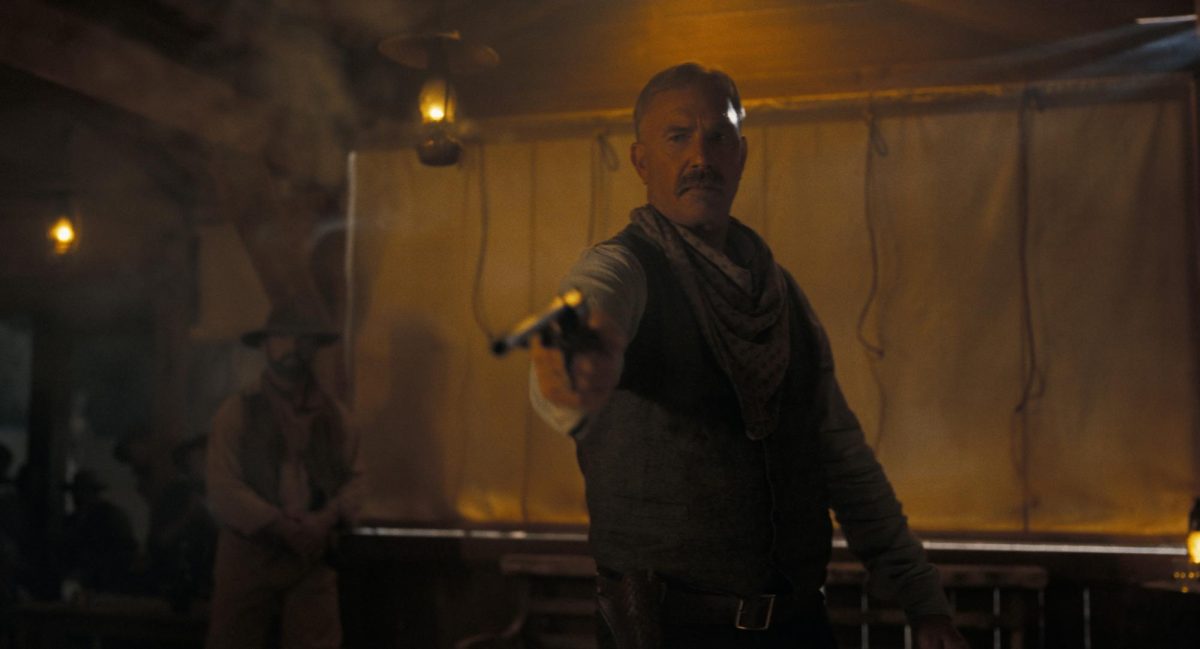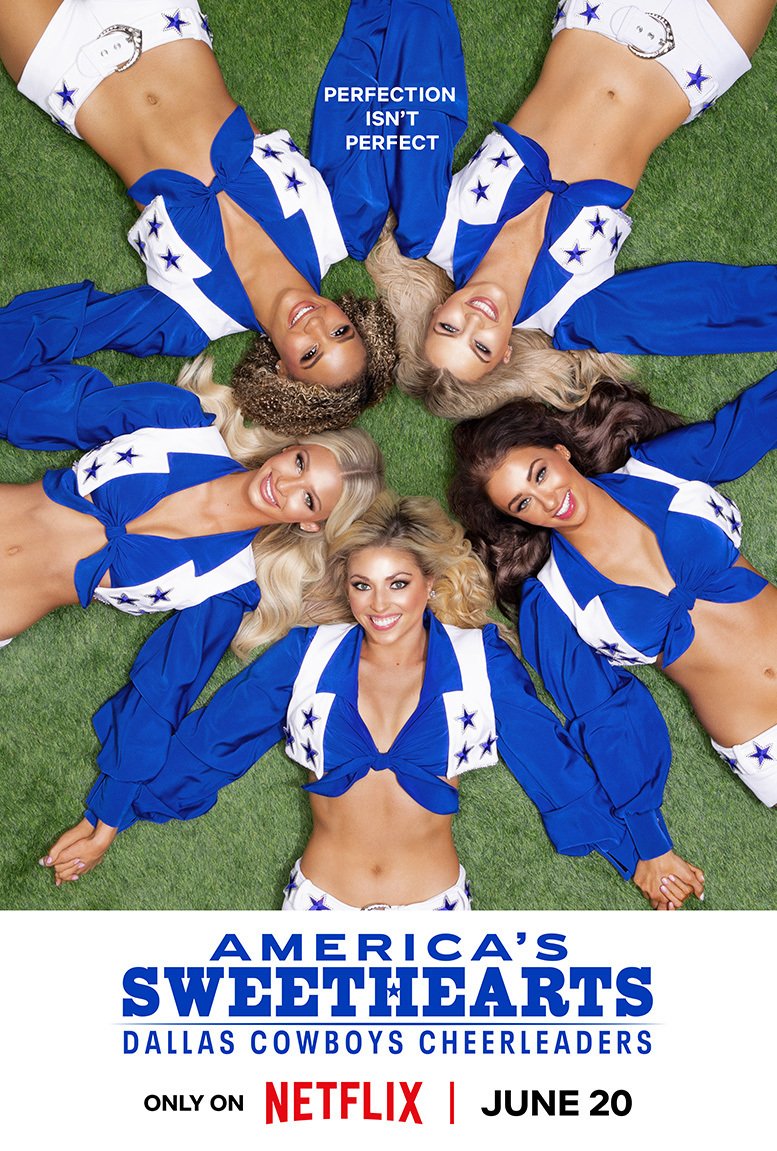1,550 journalists from 160 different countries work for The New York Times, according to their website. Now over 30 of these journalists are stepping out of their comfort zones and onto the screens for the first season of “The Weekly.” The show, in partnership with streaming partners FX and Hulu, features unique cases and the reporters who have worked on them for months or sometimes even years. This documentary-style series will bring you one story per week. The stories will feature locations within the US and from other parts of the world. This new take on journalism will surely bring attention to stories that may otherwise go unheard of.
The first episode, titled “The Education of T.M. Landry,” was released on June 2 on FX and the following day on Hulu. The episode features reporters Erica L. Green and Katie Benner and their journey to T.M. Landry College Preparatory School in Louisiana to uncover the truth about the school’s supposed prestige. Michael and Tracey Landry, the school’s founders, earned their reputations by attracting views through viral videos of their students getting into prestigious colleges. Green and Benner discovered a disconnect between the school’s advertisements and the methods they actually use to teach and prepare their students for college. The 26 minute season premiere was both captivating and informative. The New York Times was thorough in the way they approached the case — they were careful to avoid reinforcing stereotypes of underprivileged black students and interviewed several of the students to create a complete perspective.
Green and Benner faced a dilemma. They had to decide on whether to preserve the success of the students who were already accepted into elite colleges or to reveal the truth about the fraudulence involved in getting such students into the colleges. However, where The New York Times falls short is in the essence of its mission to bring viewers the truth. The focus on Green and Benner’s struggle was interesting but perplexing. The series may be comparable to a reality TV show, and not in a good way. The episode contained several close-up shots of the duo, who often had their heads in their hands. This style of storytelling evokes empathy from viewers but seems out of place for such an established newspaper. The first-person narrative perspective waters down the stories being told by focusing on the conflicts and bravery of those telling the stories.
“The Weekly” is a stark contrast to the black and white articles of The New York Times. The producers literally venture off the beaten path — they traveled to rural Louisiana in order to film parts of the first episode. However, they also think outside of the box stylistically. This series could foretell the future of journalism, appealing to younger generations of people who are not as accustomed to reading the newspaper or to watching traditional news series. Although its drama and poignancy are promising, “The Weekly” should be a supplement, not an alternative, for obtaining news updates.
You can watch this series Sundays on FX or on Hulu the following Monday.



















